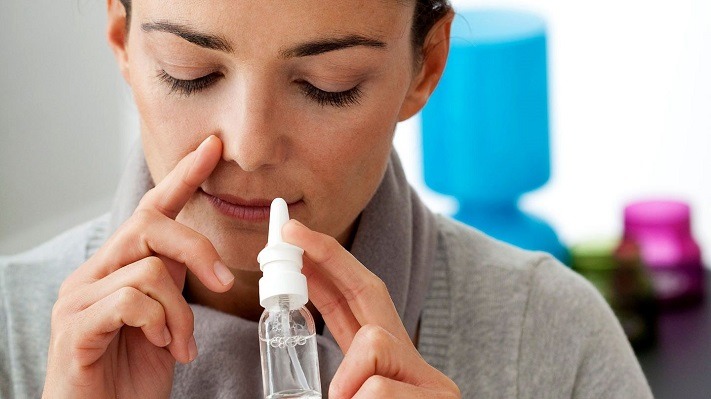Study: The placebo effect works even when people know they are taking a placebo
 Placebos Prove Powerful, Even When People Know They’re Taking One, New Study Suggests (MSU release):
Placebos Prove Powerful, Even When People Know They’re Taking One, New Study Suggests (MSU release):
How much of a treatment is mind over matter? It is well documented that people often feel better after taking a treatment without active ingredients simply because they believe it’s real — known as the placebo effect.
A team of researchers from Michigan State University, University of Michigan and Dartmouth College is the first to demonstrate that placebos reduce brain markers of emotional distress even when people know they are taking one.
“Just think: What if someone took a side-effect free sugar pill twice a day after going through a short convincing video on the power of placebos and experienced reduced stress as a result?”, said Darwin Guevarra, MSU postdoctoral fellow and the study’s lead author. “These results raise that possibility” …
Our paper on placebos without deception is out in @NatureComms.
In this paper, coauthored with Jason Moser, @TorWager, and Ethan Kross, we found that placebos without deception reduce self-report and neural measures of emotional distress.
Article Link: https://t.co/KFEMdcjMIB
— GuevarraDarwin (@GuevarraDarwin) July 30, 2020
To test nondeceptive placebos, the researchers showed two separate groups of people a series of emotional images across two experiments. The nondeceptive placebo group members read about placebo effects and were asked to inhale a saline solution nasal spray. They were told that the nasal spray was a placebo that contained no active ingredients but would help reduce their negative feelings if they believed it would. The comparison control group members also inhaled the same saline solution spray, but were told that the spray improved the clarity of the physiological readings the researchers were recording.
The researchers are already following up on their data with a real-life nondeceptive placebo trial for COVID-19 stress.
About the Study:
Placebos without deception reduce self-report and neural measures of emotional distress (Nature Communications):
- Abstract: Several recent studies suggest that placebos administered without deception (i.e., non-deceptive placebos) can help people manage a variety of highly distressing clinical disorders and nonclinical impairments. However, whether non-deceptive placebos represent genuine psychobiological effects is unknown. Here we address this issue by demonstrating across two experiments that during a highly arousing negative picture viewing task, non-deceptive placebos reduce both a self-report and neural measure of emotional distress, the late positive potential. These results show that non-deceptive placebo effects are not merely a product of response bias. Additionally, they provide insight into the neural time course of non-deceptive placebo effects on emotional distress and the psychological mechanisms that explain how they function.



Yes. I have experienced it. Positive effect.